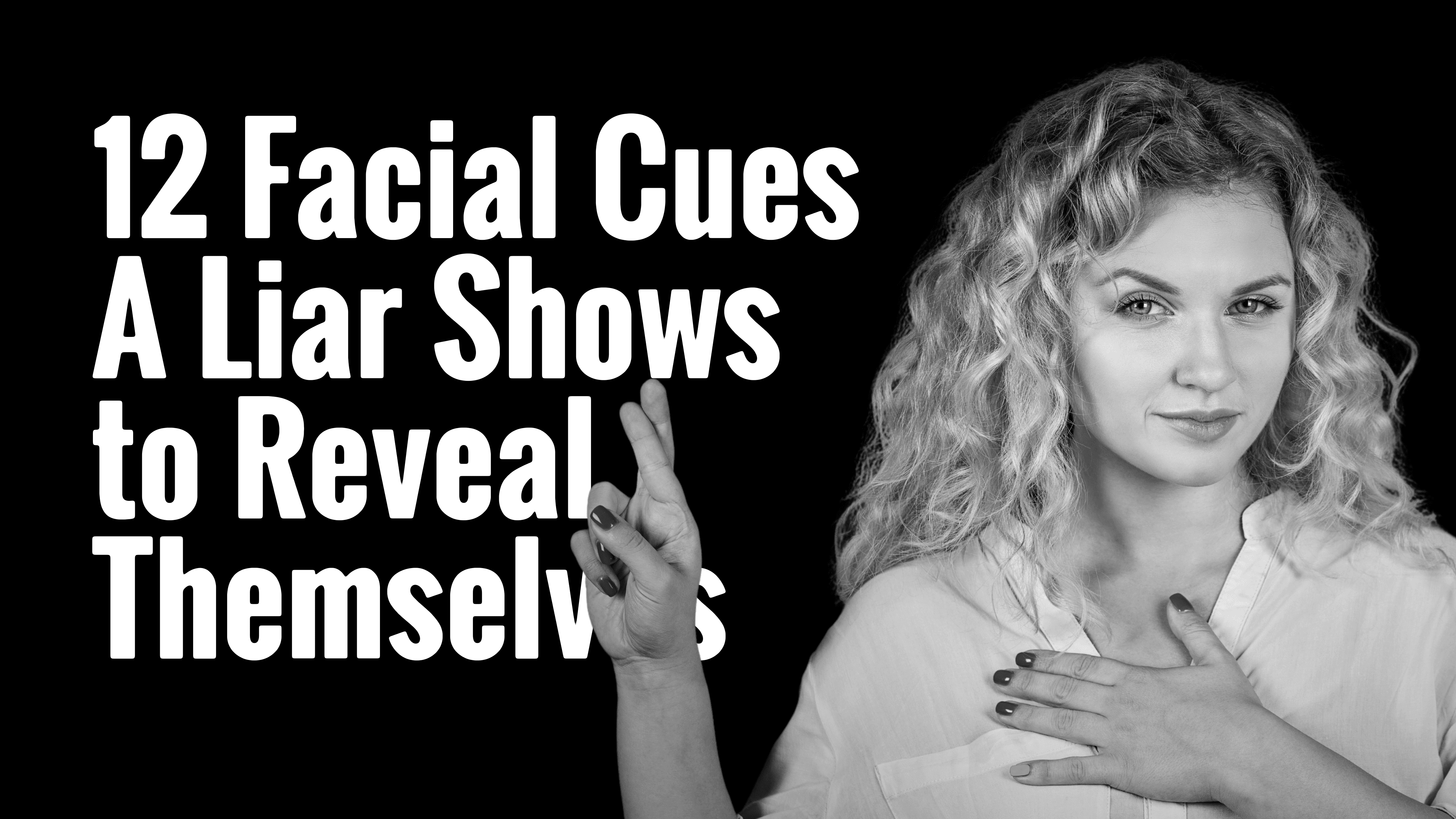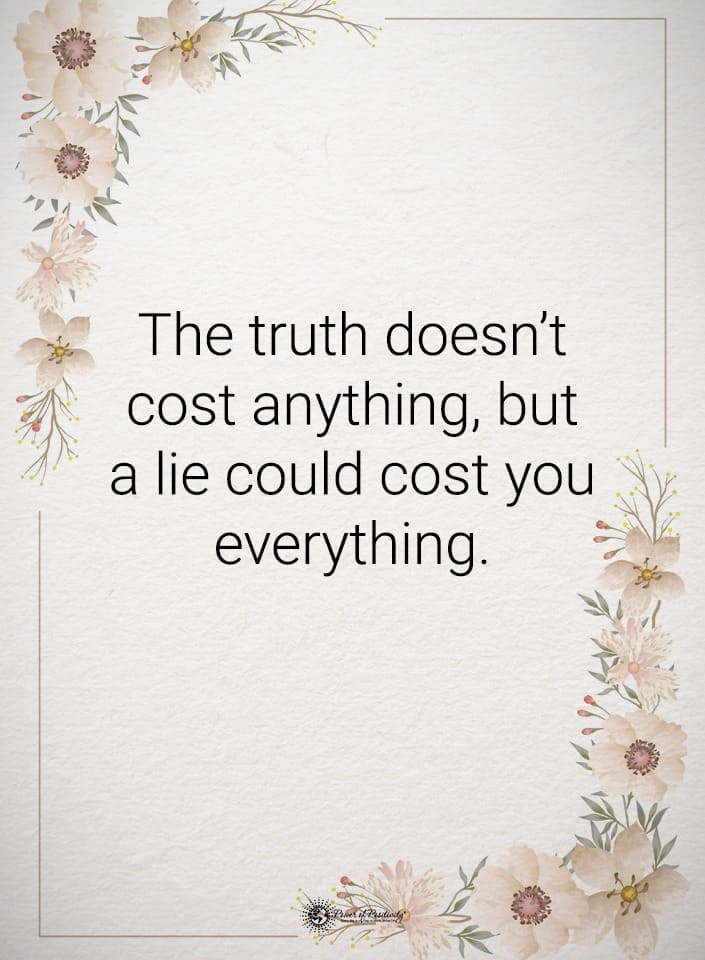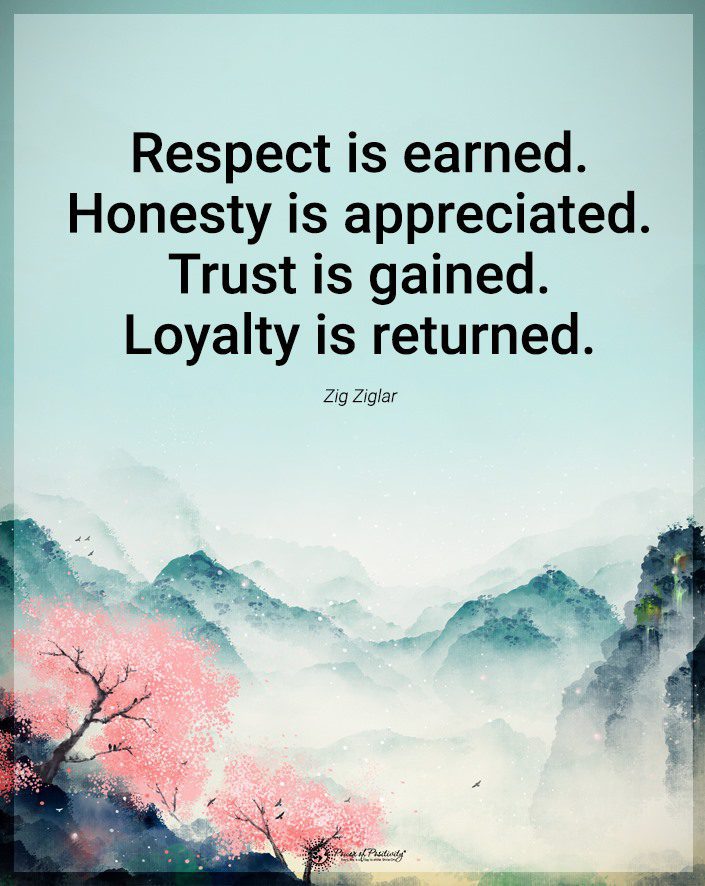By now, you know that lying is a terrible thing to do. It can get you into real trouble, such as ending relationships, causing you to lose your job, or even sending you to jail. However, many people think it’s acceptable to be dishonest when faced with high-stake issues. The problem is that your facial cues will often give away that you’re being untruthful.
Yes, your face will rat you out before anyone has time to investigate the story. Someone trained in reading body language, like those who work for the FBI, can easily pick up on these subtle cues that the untruthful give.
Twelve Facial Cues a Liar Shows to Reveal Themselves
Your facial expressions mean everything. It’s all caused by chemical reactions that occur within the body when you’re nervous. When you know a person, you can observe their normal reactions versus those they use when they’re deceptive.
Even the master manipulator will show lying indicators, but you may have to look closer if you’re dealing with a habitual liar. Do you think you have the skills of some of the top trained behavioral analysts in the country? Here are some facial expressions to observe when someone is dishonest.
1. Rapid Blinking Facial Cues Reveal a Lie
According to the National Library of Medicine, the average person will blink about once every 10-12 seconds. However, experts use blinking to indicate mental health disorders like schizophrenia, where blinking becomes excessive, or Parkinson’s disease, where blinking is slowed. It’s also true of the one who’s being dishonest.
When the body is under stress, a person will blink more than usual. It’s called rapid succession, and it comes from an alteration of dopamine levels in the brain. If a person is lying, it’s not uncommon for them to blink up to six times faster than usual, and it’s hard to ignore when someone’s eyes are blinking rapidly.
2. They Look Down and to the Right
Behavior analysts have noticed that dishonest people have a habit of looking down to the right. When they’re trying to recall events, they shift their eyes down and to the left when they’re deep in thought. The real problem is when the eyes move down and to the right, which indicates they’re about to tell you a whopper.
3. Watch for the Inability to Stop Touching Their Face
The liar will touch their face repetitively. That same chemical reaction that makes the eyes twitch can also make the skin itch like it’s on fire. So, the person who’s being less than honest might feel the need to scratch their face to calm the irritation.
4. Facial Cues Like Pursed Lips or a Dry Mouth
When observing facial cues, make sure you look at the mouth. When someone is lying, their mouth will go dry from nerves. You might observe a white coating on the outside of the lips that indicate things have gone dry, which is expected.
Their lips may become pursed, and some even go as far as making a sucking motion or licking their lips trying to rehydrate them. While they may be speaking lies, their lips tell another story by their appearance. Dry mouth is a big issue, and they will need plenty of water to cure this issue.
5. Their Eyes Move Back and Forth
The eyes are quite expressive, as they’re the window to the soul. When someone is uncomfortable with the questions they’ve been asked, their eyes will quickly dart back and forth. This behavior goes back to prehistoric times and the body’s physiological reaction when in danger.
It’s common to think that someone who is about to be caught in a lie will be uncomfortable, and they will seek an escape route. In cave dweller times, people would always be on guard for other humans or animals that put them in a dangerous situation, and the body feels similar when faced with telling the truth. So, they’re naturally looking for a way out and escaping being caught being dishonest.
6. Not So Subtle Facial Cues…Their Entire Head Shakes
Other facial cues to notate include the movement of the entire head. Have you ever seen someone with Parkinson’s disease shake their head up and down or back and forth? It’s a natural reaction they cannot control, but the liar will do this when they agree or disagree with what you’re saying.
The key is to pay attention to the direction in which the head shakes. If they agree with you, they will nod their head in the up and down motion, but if they disagree, their head will go from side to side. While they may seem to control these movements, it can be a natural response to the questions.
7. They Look Up and To the Right
Again, you need to pay attention to where the eyes look when asked an uncomfortable question. If a person is naturally right-handed, they look to the left when remembering things about the line of questioning. However, when they shift their glance to the right, they’re working hard to invent a story to get them out of trouble.
If a person is left-handed, they will look to the right when remembering and the left when lying. To throw another confusing wrench in things, some folks stare straight ahead when their brain is working hard to recall events. Just make sure you pay special attention to the eyes as they’re shifty when a person is being deceptive.
8. Their face Turns a Bright Red Hue
One of the most telling facial cues is blushing. Your sympathetic nervous system, the same one that triggers your body’s fight or flight response, can cause you to experience this involuntary reflex. According to Body Language Matters, when someone is dishonest, their body releases the hormone adrenaline, as they feel cornered and in trouble.
Some folks blush when they’re in pain or when they’re angry, but when someone is lying, the color of their face can be very expressive. This is all caused by the abundance of adrenaline in their system.
9. They Give a Fake Smile
While it’s not a frown, a fake smile is something that they’ve pushed. You can always tell a fake smile from a real one because wrinkles appear, and the eyes are bunched. When you smile naturally, your eyes are bright, and there’s no wrinkling, but the one you force is noticeable.
10. They Close Their Eyes for Long Periods
You blink to keep your eyes hydrated and free of debris. However, when you’re speaking to someone, and they close their eyes for a few seconds, it’s a significant indicator that they’re dishonest with you.
It’s one of the facial cues that many people miss, but people close their eyes because this is a defense mechanism. They’re probably trying to keep from looking you in the eye, or they’re concocting a story and need a minute to come up with it.
11. The Eyes May Reveal Powerful Facial Cues, Shifting to the Right as They Speak
Have you ever talked to someone, and the whole time they’re speaking, their eyes are looking everywhere else? While this can signify someone being shy or having a nervous condition, it’s also an indication of deception. Facial cues like looking to the right when answering your questions indicate fraud.
The way to tell between a mental health disorder like anxiety and lying is to always look to the right when speaking. They wouldn’t just do it when they’re being asked something that makes them uncomfortable.
12. Their Sweating Kicks into Overdrive
One of the most common facial cues that someone cannot control is profuse sweating. When a person is dishonest, their face will get a sweat on the forehead and cheeks.
If they’re sweating hard, it may even appear on the chest or the back of their neck. This is another indication of the sympathetic nervous system working overtime. Additionally, some people are more prone to sweating than others.
Final Thoughts on Understanding the Facial Cues A Liar Shows to Reveal Themselves
There are many ways to tell if someone is lying that it’s hard to be dishonest to the trained eye. Of course, you probably know the person you’re asking on a more personal level. You can notice cues and changes in their body language that indicate something’s not right.
Other things to pay attention to include crossing the arms, twitching or squirming in their seat, or a frown when they speak. Anything out of the ordinary or abnormal for this person can indicate deception. Police and FBI agents look for a defensive demeanor, and a good investigator doesn’t need a lie detector machine to do anything other than proving what they already know.
Even the most skilled liar may find it hard to be deceptive when their body starts producing hormones that activate their “flight or fight” response. Their system kicks into defense mode, and their facial cues give them away. The next time you’re questioning someone and you think they’re being deceptive, make sure you watch their face as it will tell you the truth.

















 Community
Community

